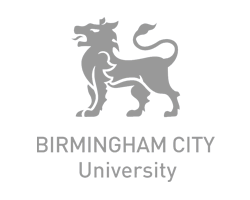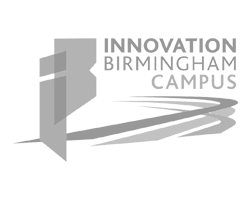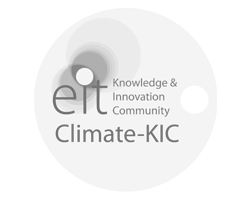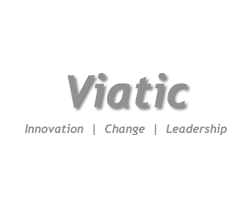What is Open Innovation Lab?
Open Innovation Lab (OIL) is part of the Climate-KIC Accelerator programme. In the context of the Climate-KIC Accelerator, OIL aims to be a collaborative platform for rapid prototyping via learning, research, development and production, with wraparound support in developing the selected concepts. The goal will be to enhance these concepts via collaborative interventions during the one week workshop. This work will be carried out in multi- and interdisciplinary task groups comprised by the concept originator(s) and interested collaborators, with conceptual and technical advice from the experts and facilitators. As an introduction to the workshop there will be an agenda of industry talks from invited speakers on the themes of innovation, green tech, intellectual property, among others.
OIL is looking for individuals to participate in this collaborative innovation workshop in an environment of openness, exploration, and shared horizontal learning, research, development and production. The workshop aims to use Free/Libre Open Source (FLOS) software and hardware tools and related technologies. Think of this as a special unique opportunity to approach things in a, perhaps more experimental, way you would not normally dare to do.
OIL will bring people from different disciplines from the West Midlands, Ireland and wider Europe to work collaboratively on enhancing the selected concepts by taking new perspectives and approaches to underlying climate related challenges.
OIL will enable participants to appreciate where business ideas fit in the smart, knowledge-driven, low carbon economy. Government innovation policy in the UK and Ireland has traditionally focused on STEM (Science, Technology, Engineering and Mathematics) and the ‘eight great technologies’. However, this omits how to factor in creative thinking into the technological mix. As such, STEAM — STEM with an Art component — is seen as a key opportunity for Europe.
OIL will be led by Birmingham City University’s Cross Innovation team, which has experience in bringing in and sharing best practice with practitioners, businesses and institutions from across Europe, notably via its key development role in the European Structural and Investment Funds (ESIF). The delivery will be shared with Sampad, a Birmingham-based organisation working in multi-disciplinary, international collaborative practices.
OIL was born from a research and production methodology called ‘Interactivos’, developed by Madrid-based Medialab Prado for the creative and educational uses of all technology. These events are a hybrid between a production workshop, a seminar and promotion of the developments via public showcase. ‘Interactivos’ makes space for reflection, new thinking and collaboration, enabling proposals to be researched, developed, produced and presented.




